Inspiring the Next Generation of Space and Planetary Scientists: The 2022 EXPLORE Junior Lunar Data Challenge.
- 1Centre of Astrophysics and Planetary Science, University of Kent, Canterbury, United Kingdom
- 2Centre d’Etudes et de Recherche de Grasse (CERGA), ACRI-ST, Grasse, France
- 3Dill Faulkes Educational Trust (DFET) Ltd, London, UK
- 4Jacobs University Bremen, Bremen, Germany
Currently in its piloting phase, the EXPLORE Junior Lunar Data Challenge will give early secondary school students the opportunity to develop their scientific knowledge and problem-solving skills by investigating real space data taken by satellites of the Moon’s surface. The range of activities aim to give young pupils an understanding of the fields of lunar exploration and machine learning (and the potential careers linked to them) by conducting engaging, curriculum-linked, hands-on tasks in the classroom.
The 2022 EXPLORE Lunar Data Challenges (https://exploredatachallenges.space) are the first in a series of data challenges planned by EXPLORE, a project funded through the European Union’s Horizon 2020 programme. The EXPLORE project is an international consortium of 8 partners with expertise in a range of different technologies and space sciences. The goal of EXPLORE is to develop new tools that will enable and promote the exploitation of space science data, and to develop a user community for these services, aided by the EXPLORE Data Challenges.
2022’s EXPLORE Lunar Data Challenges will be split into separate, but closely linked, Senior and Junior events. Both Challenges have a particular focus on the Moon, with the Senior Lunar Data Challenge’s task being to detect hazardous and scientifically-interesting lunar surface features for a hypothetical rover mission. Meanwhile, the Junior Lunar Data Challenge will provide easy-to-implement activities and on-demand educational material to teachers in order to engage young students in both planetary and computer science. The Junior Lunar Data Challenge will also be open to any school internationally who wishes to take part.
Teachers will be provided with all of the necessary materials for running this challenge, which will be designed in consultation with teachers to be simple and in-expensive to implement into lessons. The intention is for teachers to be able to choose from a range of activities those that they feel will engage their pupils most. The main focus of these activities is to introduce pupils to the concept of machine learning and how it is a crucial tool for analysing large amounts of data - particularly lunar/space data. Schools will also be able to submit their pupils' work for a chance to win prizes.
In this poster for the Europlanet Science Congress 2022 we present the initial feedback from schools about their experience with the EXPLORE Lunar Data Challenge. This is with a view to sharing lessons learned and incorporating them into plans for the next set of challenges in 2023.
This project has received funding from the European Union’s Horizon 2020 research and innovation programme under grant agreement No 101004214.
How to cite: Le Corre, D., Heward, A., Pedreira-Segade, U., Nodjoumi, G., Rossi, A., and Valencia, J.: Inspiring the Next Generation of Space and Planetary Scientists: The 2022 EXPLORE Junior Lunar Data Challenge., Europlanet Science Congress 2022, Granada, Spain, 18–23 Sep 2022, EPSC2022-982, https://doi.org/10.5194/epsc2022-982, 2022.

